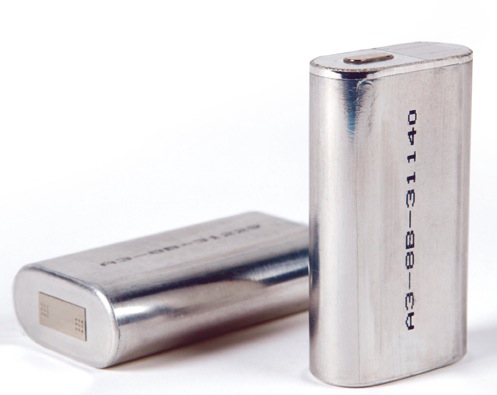Some heartening battery news for energy-hungry road warriors

I have officially given up trying to keep exactly abreast of all the news in green tech and clean tech, because all I would do (otherwise) would be to sit here and fill up this blog with gallons of digital ink every day. There is a natural selection to what Harry and I feature. Actually, I pity the poor venture capitalists that are voting with their wallets and not just words. Which brings me to the subject of today's missive.
Remember all those stories about exploding notebook batteries, which served to wake us up to the fact that maybe some additional thought should go into laptop power design? Well, a battery company I've been watching from afar for the past couple of months, Boston-Power, just picked up $45 million in venture funding. The round was led by Oak Investment Partners; so far, Boston-Power has snagged more than $68 million and its backers include Venrock Associates, Granite Global Ventures and Gabriel Venture Partners.
The deal coincides with the disclosure of Boston-Power's new strategic relationship with GP Batteries, a pact focused on the production of Boston-Power's Lithium-ion notebook batteries. The new money will be used to scale up marketing, business development and manufacturing resources to support mass-production of those batteries, which are sold under the Sonata brand name. (See below for a photo of what it looks like.)
According to the company, Boston-Power's Sonata technology is the only Lithium-ion notebook battery to have earned the Nodric Ecolabel certification. That essentially means it meets certain environmental criteria in Norway, Denmark, Sweden and several other nearby countries.
What's interesting about Boston-Power's technology, aside from the fact that it was engineered to last as long as the notebook it powers (usually about three years) is that it can be recharged up to 80 percent of its capacity in 30 minutes. Without exploding even! And, another brilliant idea, these batteries can actually be used in EXISTING notebooks. No fancy retrofits. Little wonder that VCs find it easy to prioritize these batteries in their investment portfolios.
